detail profile grischa huber
Peran Yang Di Mainkan Grischa Huber
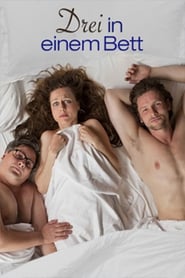 Kerstin is a successful department head...
Kerstin is a successful department head...Knocked Up 2013
Kerstin is a successful department head of a tax consulting firm in Berlin. She is respected and feared by her employees. Only one thing is too short in her life: for years she had no sex and no husband by her side. At the company, she wants to show that she can also party properly. The next morning, she wakes up in a hotel bed with two employees next to her: the hated opponent Simon and the "footman" Gregor. With the aid of her assistant Achim, she has lost all the memories of the previous evening. Her employees are forcing her to silence. Four months later, she realizes that she is pregnant and one of her nightmares is the father.
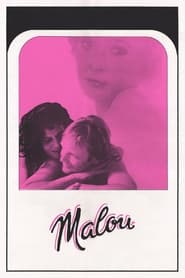 Two life stories That of Malou...
Two life stories That of Malou...Malou 1981
Two life stories. That of Malou, a French woman, married to a German Jew, a refugee stranded in South America: a picture of the pre-war generation reflected in the unusual destiny of an individual woman. And that of Hannah, an alert, independent, modern woman, seeking after freedom and her own identity, and trying in present-day Berlin to save her shaky marriage.
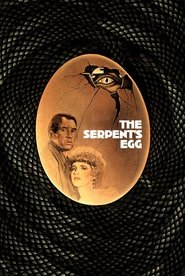 Berlin 1923 Following the suicide of his...
Berlin 1923 Following the suicide of his...The Serpent's Egg 1977
Berlin, 1923. Following the suicide of his brother, American circus acrobat Abel Rosenberg attempts to survive while facing unemployment, depression, alcoholism and the social decay of Germany during the Weimar Republic.
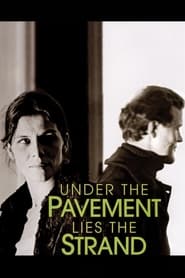 West Berlin 1974 The revolution didnt happen...
West Berlin 1974 The revolution didnt happen...Under the Pavement Lies the Strand 1975
West Berlin, 1974. The revolution didn't happen like it was supposed. Grischa, a 30-year-old actress dissatisfied with standard left-wing politics, interviews working women to find out how they deal with being both mothers and members of society.
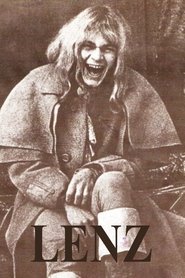 Film adaptation of the short Bchner...
Film adaptation of the short Bchner...Lenz 1971
Film adaptation of the short Büchner story of the same name, which tells of the stay of the psychotic Sturm und Drang poet Lenz in the home of the Alsatian priest and philanthropist Oberlin. The poet, whose pathological hallucinations are becoming increasingly unbearable, hopes for help from the gentle clergyman. But Oberlin, too, knows no advice; he regards his friend's illness as God-given.
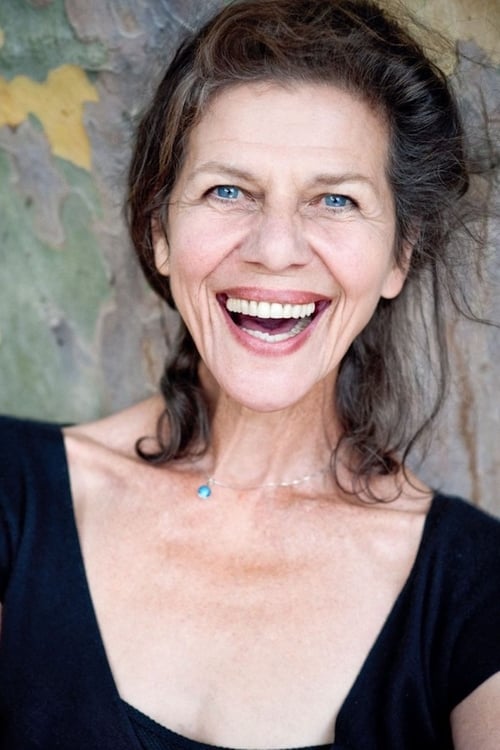
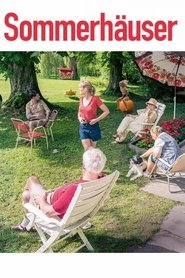 In the summer of 1976 a shared...
In the summer of 1976 a shared... A biography of Hildegard Knef one...
A biography of Hildegard Knef one...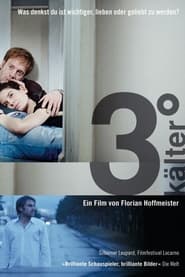
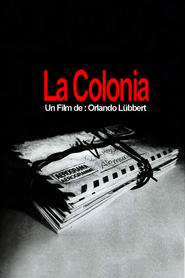 During Pinochets military dictatorship in Chile...
During Pinochets military dictatorship in Chile... Vannina and Giacinto are a young...
Vannina and Giacinto are a young...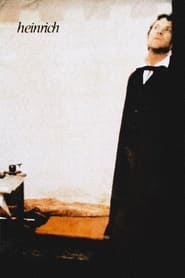 The life and struggles of the...
The life and struggles of the...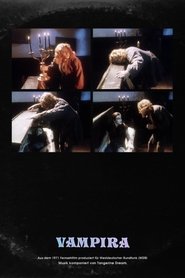 Two surveyors come under the spell...
Two surveyors come under the spell...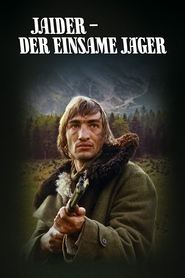 When Jaider has to illegally poach...
When Jaider has to illegally poach...